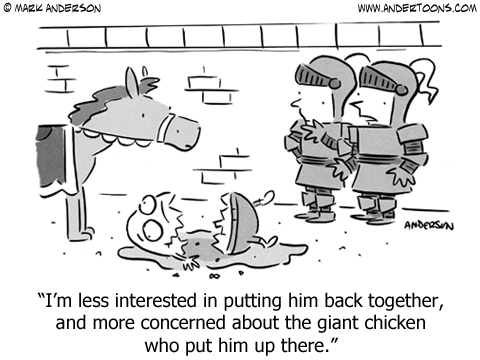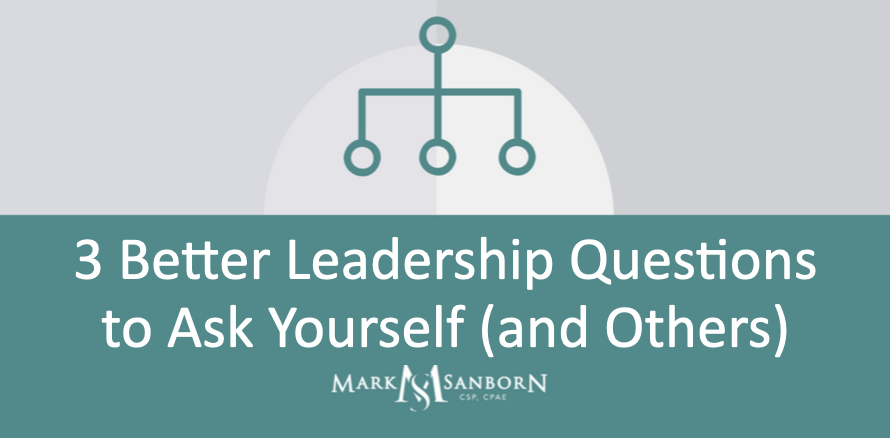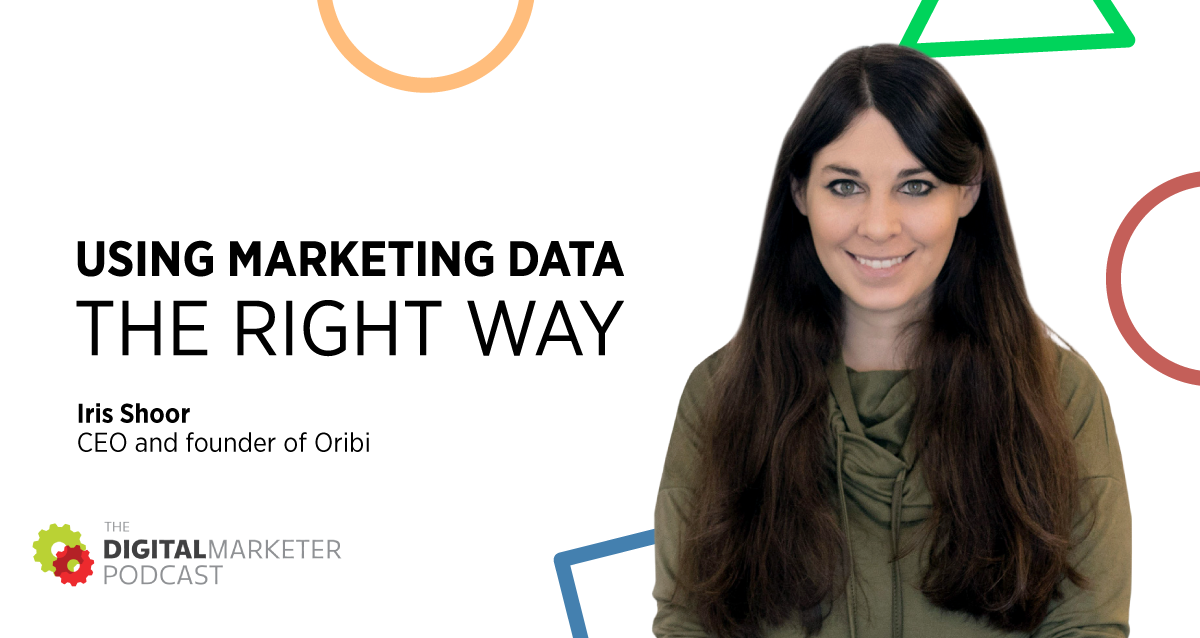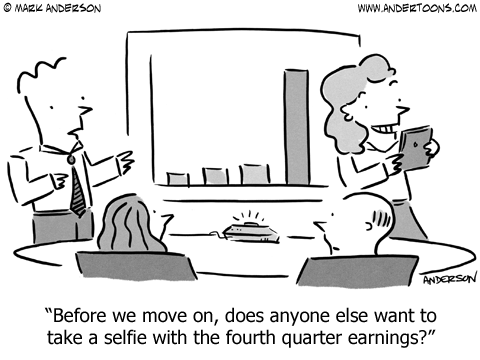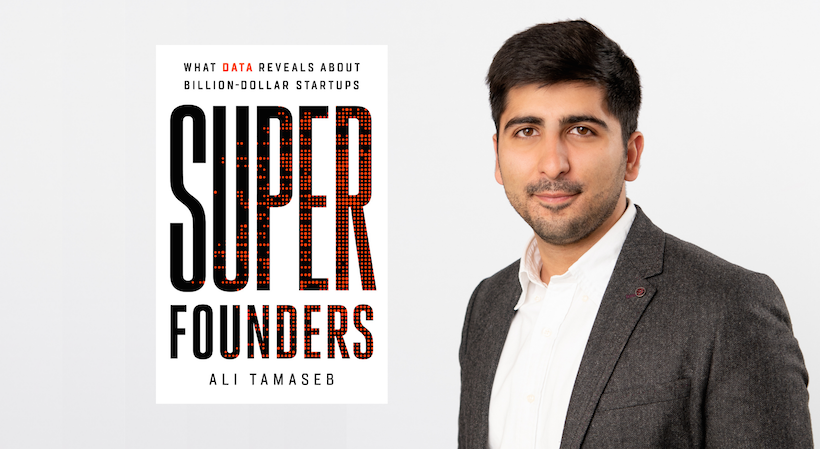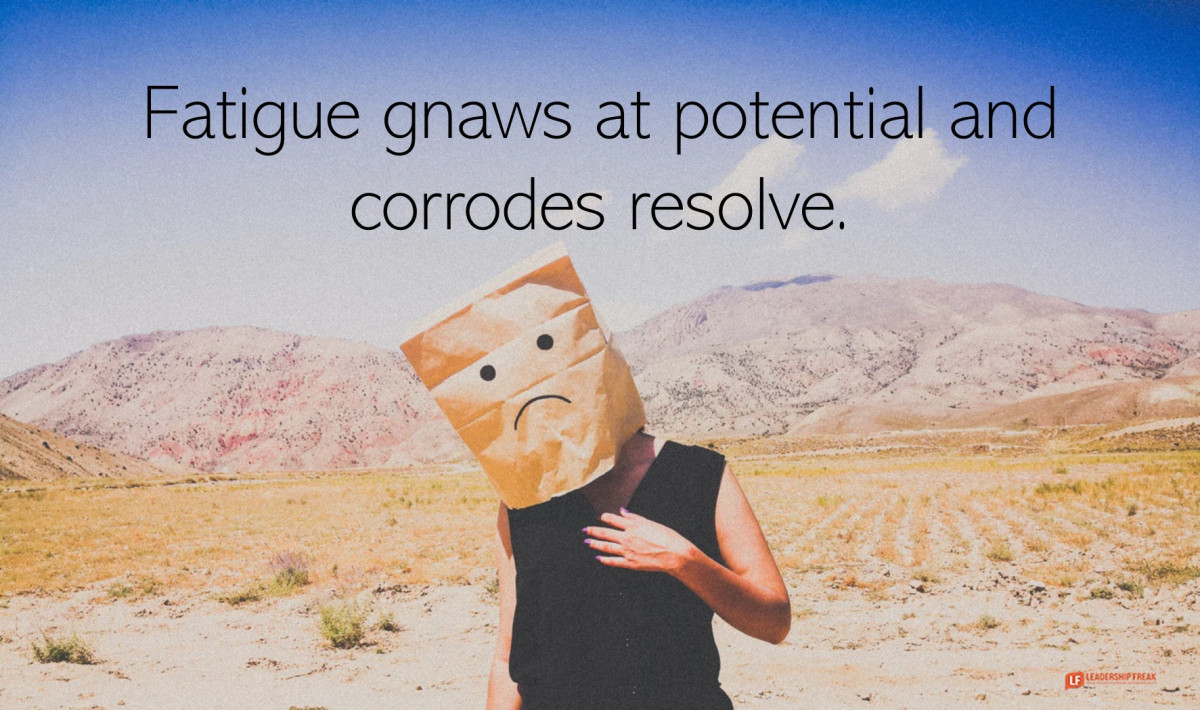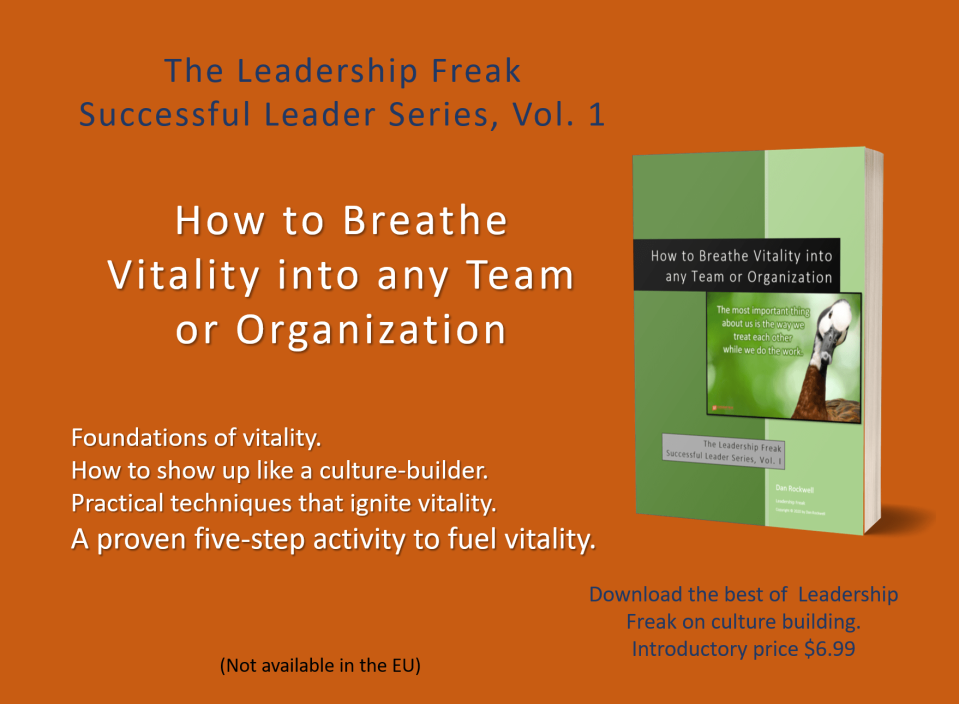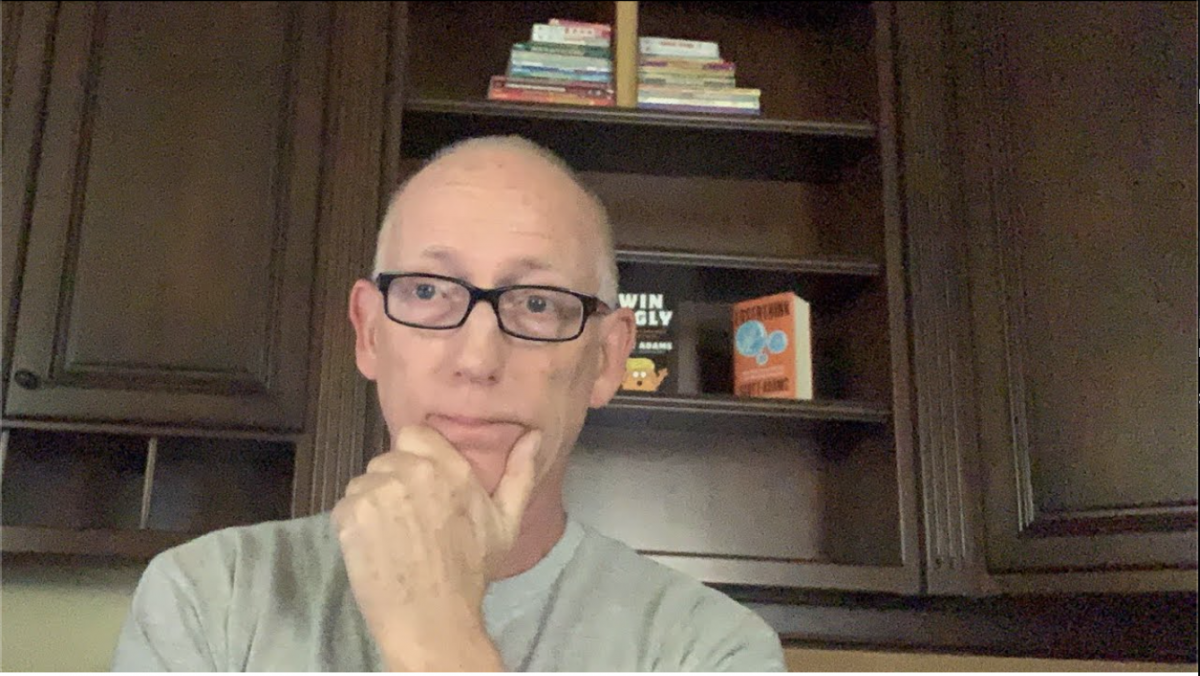My co-founder and I consider his sister to be a trusted confidant. So when she told us that she’s uncomfortable providing her email address to companies—including ours!—and didn’t want more email clogging up her inbox, it made us stop in our tracks.
Could this be true across the board? We dug into our data and quickly discovered that our users shared her sentiment.
Based on what we were seeing, we decided to take a risk. We stopped requiring users to provide an email address upon signing up—which ultimately meant that we ditched our email marketing efforts altogether.
In the time since we decided to stop our email marketing, our business has grown exponentially. Our account registrations went up by 53%, meaning our users were investing further in our site, increasing their chances of returning.
Wondering how to encourage users to engage with your product again and again, without constantly popping in their inboxes? Here’s how we’ve done it.
Why we decided to stop collecting email
To give you some context, my co-founder and I operate a website called Solitaired, which ties classic card games to brain training. If I’m being honest, our user base was growing rapidly with email marketing. So you may be wondering why we decided to stop collecting email addresses, especially if it was working.
Before I go any further, it’s important to note that this strategy probably isn’t right for all businesses. In many cases, customers are more willing to give out their info when rewards are at stake, like discounts or sales. But our business doesn’t operate in that manner, which is just one of many reasons that we explored the possibility of pausing our email marketing.
However, we didn’t decide to ditch it without digging into our data even further. Before we made a final decision, we wanted to benchmark and understand the value of a sent email.
To do so, we emailed a small subset of our users. Our open rate was great, at 37%, with a 7% click through rate. Both were above industry benchmarks, which was something we were really proud of. But when we took a closer look, we discovered that, even if we scaled our email campaigns, the users who received our emails represented a measly 1% of our overall revenue.
We launched our second campaign a week later, and the story got worse. The open rate and click through rate dropped by more than half. Email blindness was setting in.

Armed with that data, and based on the initial feedback we received from my co-founder’s sister, we were also concerned about the potential annoyance of continuing these email campaigns. This was something we saw on a broader level. In general, open rates and click-throughs have decreased 45% since 2010 as users have become fatigued by email marketing and more concerned about their privacy.
This was more than enough data to suggest that…

